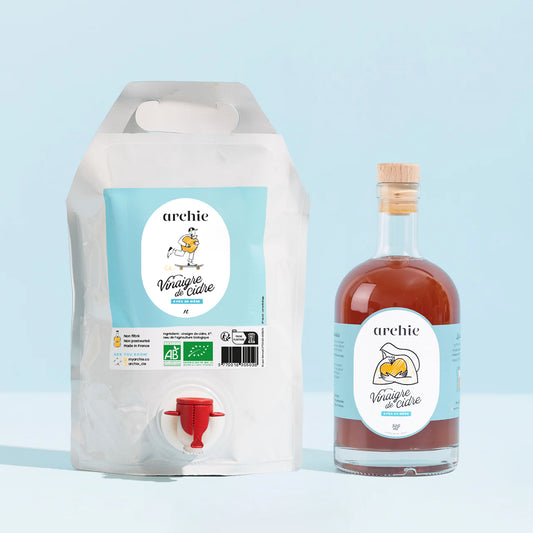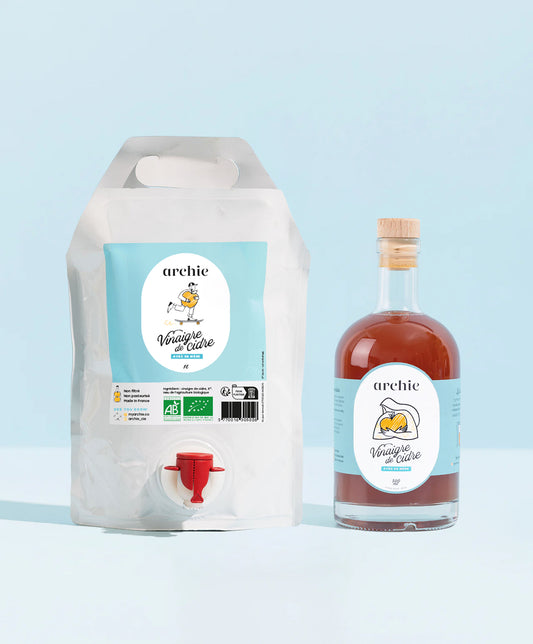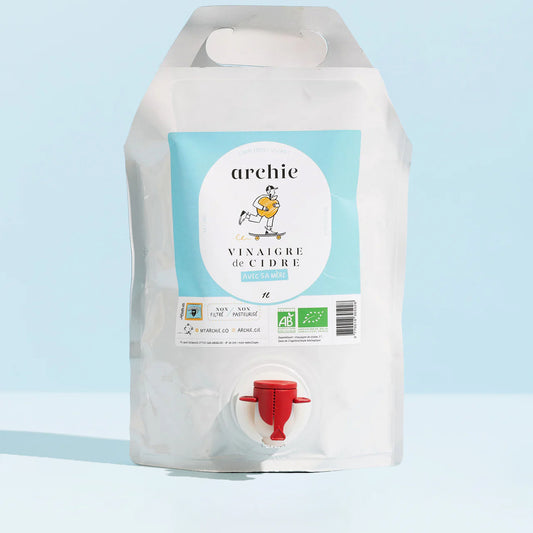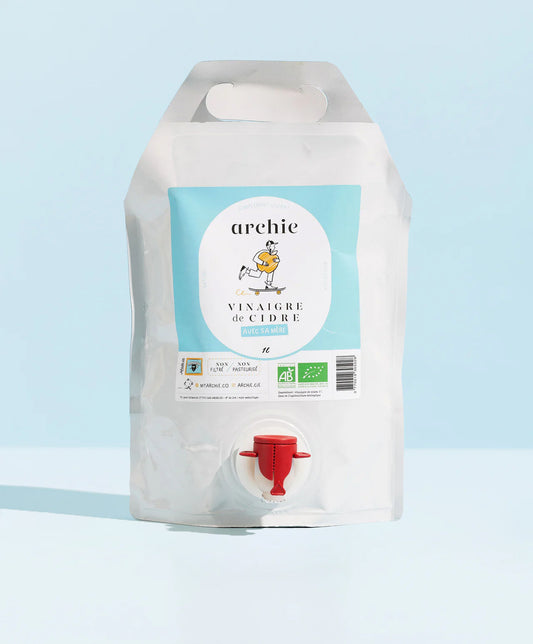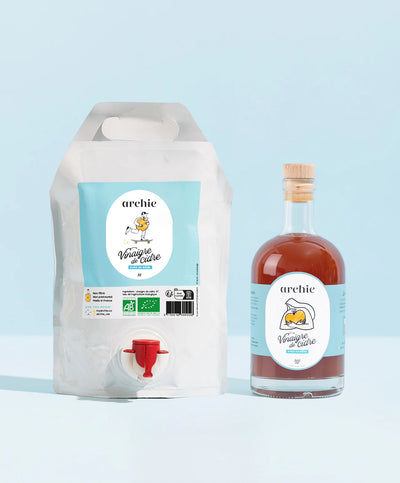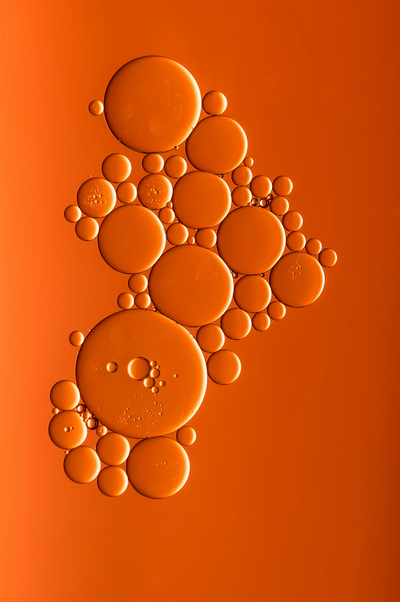A healthy gut is essential for our well-being. Intestinal cleansing helps purify the body, improve digestion, and boost the immune system. In this article, we share some natural, time-honored remedies to effectively cleanse your intestines. These simple tips, passed down through generations, are an excellent way to maintain a balanced gut flora and support the proper functioning of your digestive system.

Why is it important to cleanse your intestines?
The importance of a healthy gut
Did you know that a clean gut plays a key role in maintaining our overall health? It participates in the digestion of food, the absorption of nutrients, and the elimination of waste and toxins. When the gut is congested or blocked, it can lead to digestive problems, constipation, and even affect general well-being, including skin and energy levels. Regular cleansing helps promote detoxification of the body and preserve the health of the gut microbiota.
Signs of a blocked intestine
Symptoms of a blocked gut include bloating, gas, abdominal pain, bowel irregularities such as constipation, as well as fatigue, headaches, and even skin problems. If you experience these discomforts regularly, it may be helpful to consult a gastroenterologist for a more thorough evaluation.
Natural remedies to cleanse your intestines
Grandma's remedies are a natural and effective way to care for your gut and promote its proper function. Here are a few tips that grandmothers recommend for cleansing and purifying the intestines. For more information on other detoxification methods, feel free to consult our article on grandma's remedies for cleansing the liver .
Warm lemon water upon waking: a detoxifying start to the day
One of the simplest and most effective remedies is to drink a glass of warm lemon water every morning on an empty stomach. This remedy promotes the elimination of toxins, stimulates digestion, and supports the liver in its detoxification role. Lemon is rich in vitamin C, which boosts the immune system while being gentle on the digestive system.

Prune juice: the effective classic
Prune juice is known for its natural laxative effects. It helps relieve constipation and promote regular bowel movements. Ideally taken on an empty stomach in the morning for maximum effect, it helps empty the intestines of accumulated waste and restore balance to the digestive system.
Flax and chia seeds: fiber for digestion
Flax and chia seeds are valuable allies for improving intestinal transit. Rich in soluble fiber, they regulate the digestive system and promote the elimination of waste. To consume them, you can add a tablespoon of ground seeds to a glass of water, or incorporate them into smoothies, yogurt, or cereal.
Ginger tea: a digestive stimulant
Ginger is widely valued for its numerous benefits, particularly its anti-inflammatory and digestive properties. A tea made with fresh ginger can have very beneficial effects on the digestive system. By stimulating bile production, ginger helps break down fats and thus facilitates food digestion. It is also known for its effectiveness in relieving nausea and mild digestive upset. Furthermore, ginger has a purifying effect on the colon by promoting the elimination of toxins and waste. By acting on bowel movements, it also helps reduce bloating and eliminate gas, providing welcome relief for those who suffer from these discomforts. Consuming ginger as a tea is therefore an excellent way to aid digestion while offering a soothing effect on the entire digestive system.
Mint or chamomile tea: soothing and purifying
Roman chamomile and mint are two plants used to soothe the digestive system. They help reduce bloating, relieve abdominal pain, and promote colon relaxation. By drinking these herbal teas after meals, you contribute to your body's detoxification process while aiding digestion.
Apple cider vinegar: a natural gesture in service of inner balance
Used for centuries, the Apple cider vinegar has stood the test of time without losing its reputation. A staple of natural routines, it appeals with its authenticity and simplicity. Rich in acetic acid, it easily fits into a balanced diet and complements many daily wellness practices.

How do I take apple cider vinegar ? Simply dilute a tablespoon of apple cider vinegar in a large glass of water (approximately 200 ml). This drink is generally consumed in the morning on an empty stomach or after meals, depending on your preferences and daily routine.
Diet, the key to a clean gut
A good diet is essential to maintain a healthy gut and promote the natural cleansing of the digestive system.
Foods rich in fiber
Fiber is essential for maintaining a healthy gut. It facilitates intestinal transit and helps eliminate waste from the body. There is a wide variety of fiber-rich foods available. These include green vegetables like spinach and broccoli, as well as fruits such as apples, pears, and bananas. Legumes like lentils and chickpeas are also an excellent source, as are whole grains such as oats, quinoa, and brown rice. Fennel, in particular, is a superfood that helps restore gut flora and improve digestion. Incorporating these gut-restoring foods into your daily diet is a simple and natural way to support your body's detoxification process and maintain gut health.
The importance of hydration
Hydration also plays a vital role in intestinal cleansing. Water helps to soften stools and facilitate their passage through the intestines. It is recommended to drink at least 1.5 to 2 liters of water per day, and even more if you consume fiber-rich foods. Lemon water, herbal teas, and natural juices are also good allies for hydrating the body while cleansing the intestines.
Foods to avoid
Certain foods can disrupt proper bowel function and slow down digestion. It's best to avoid foods that are too fatty or sugary, as well as processed foods, which are often low in fiber and high in toxins. Reducing caffeine and alcohol consumption can also be beneficial for maintaining a healthy gut.
Additional practices for deep cleaning
In addition to natural remedies and a suitable diet, certain practices can help to deeply cleanse the intestines.
Intermittent fasting: giving your digestive system a break
Intermittent fasting involves alternating periods of fasting with periods of eating. This allows the digestive system to rest and encourages the detoxification process. It is important to consult a healthcare professional before starting this practice, especially if you have digestive problems or chronic illnesses.
Physical exercise: stimulating intestinal motility
Regular physical activity is one of the best ways to stimulate bowel movements and promote good digestion. Exercises such as walking, yoga, or running can not only improve bowel movements but also help eliminate waste and toxins accumulated in the body more easily.

Physical exercise also has the benefit of activating blood circulation, which improves blood flow to the organs responsible for detoxification, such as the liver and kidneys. By taking care of your body through physical activity, you support the function of your internal organs and promote better elimination of impurities, while improving your overall well-being.
When should you cleanse your intestines?
Listening to your body: symptoms and signals
It's important to listen to your body and act on the symptoms. If you experience signs of digestive dysfunction, such as constipation, bloating, or abdominal pain, it's time for a bowel cleanse. A cleanse can also be considered after a period of heavy meals or excessive consumption of harmful substances, such as alcohol or processed foods.
Precautions and recommended frequency
Intestinal cleansing should not be excessive. A detox cleanse once or twice a year is sufficient. It is also essential not to disrupt the natural balance of the gut flora too much. Home remedies and detox diets should be followed with caution and, if necessary, under the supervision of a doctor or nutritionist.
FAQ: Frequently Asked Questions
How to empty your bowels quickly and naturally?
There are several natural remedies for quickly emptying the bowels, including prune juice, flax seeds, and ginger or chamomile teas. These remedies have laxative effects and help stimulate bowel movements.
Which is the most effective purge?
Prune juice and warm lemon water are among the most effective cleanses. They promote intestinal transit and help eliminate accumulated waste.
Which fruit cleanses the intestines?
Fiber-rich fruits, such as apples, pears, and citrus fruits, are excellent for cleansing the intestines. They help stimulate digestion and regulate bowel movements.
Which drink should I choose to feel lighter?
Warm lemon water is often cited as one of the most popular drinks upon waking. Apple cider vinegar, diluted in water, is also among the most popular natural rituals. This simple and traditional practice is part of a daily routine focused on balance and well-being. Infusions made with ginger, mint, or chamomile are also essential to complement a varied diet and moments of relaxation.
In short, more than a “miracle” drink, it is a combination of balanced habits and natural actions that contribute to greater comfort on a daily basis.


















